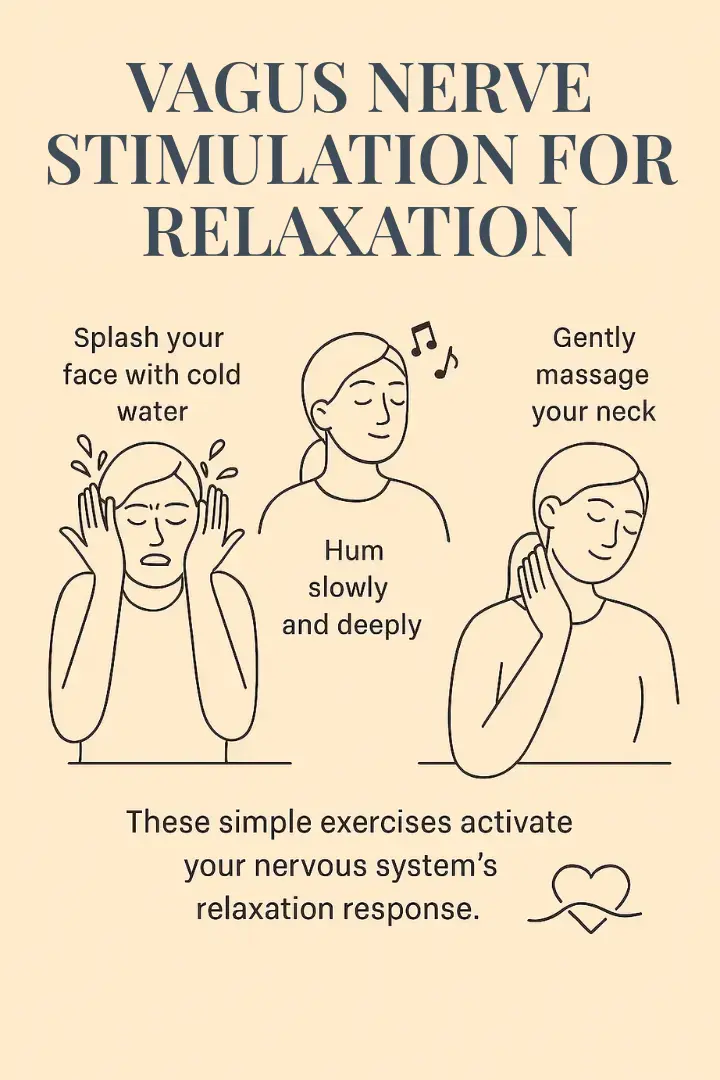Grounding Techniques for Anxiety: Calm Your Nervous System Fast
- Kai Bailin

- Apr 12, 2025
- 2 min read
Feeling tense, scattered, or spiraling with anxious thoughts? One of the fastest ways to reset is to ground yourself — literally.
Grounding techniques for anxiety are simple practices that use your body and senses to bring you back to the present moment. Instead of getting stuck in your head, grounding helps you reconnect to what’s physically real — a key shift that can soothe an overactive nervous system.

Why Grounding Works
When you’re overwhelmed, your nervous system may be stuck in “fight-or-flight” mode. This triggers a flood of stress hormones and keeps your body in a hypervigilant state. But when you ground yourself, you send powerful signals to your brain that say: You’re safe now.
Grounding exercises are often used in somatic therapy, trauma recovery, and mindfulness practices because they shift your attention away from mental chaos and into physical presence. Research shows grounding can help regulate cortisol, improve heart rate variability, and activate the parasympathetic (rest-and-digest) system — your body’s natural calming response.
Three Quick Grounding Techniques to Try for Anxiety
You don’t need a yoga mat, a meditation app, or even a quiet space. Just a moment and a little intention.
1. Touch and Feel
Grab any nearby object — a mug, a stone, your desk, your clothing.
Notice its texture. Is it smooth? Rough? Warm?
Feel the weight. Let your focus rest there.
This type of sensory grounding engages the body and brings your mind back from anxious loops.
2. Feet on the Floor
Press your feet firmly into the ground.
Feel the weight of your legs. Notice the floor supporting you.
You might even say silently: I’m here. I’m safe.
It’s a subtle but powerful signal to your nervous system that you’re no longer under threat.
3. 5-4-3-2-1 Scan
This classic grounding technique uses your senses to reorient to the present.
Name
5 things you can see
4 things you can feel
3 things you can hear
2 things you can smell
1 thing you can taste
It’s especially helpful for calming anxiety fast when your mind is racing.
Final Thought
Grounding doesn’t make your stress disappear — it reminds your body that you can handle it.
When practiced regularly, these somatic calming techniques can shift your baseline response to stress. Over time, you train your system to come back to center more easily.
Want more tools like this?
Check out the full guide: 7 Ways to Calm an Overactive Nervous System →




Comments